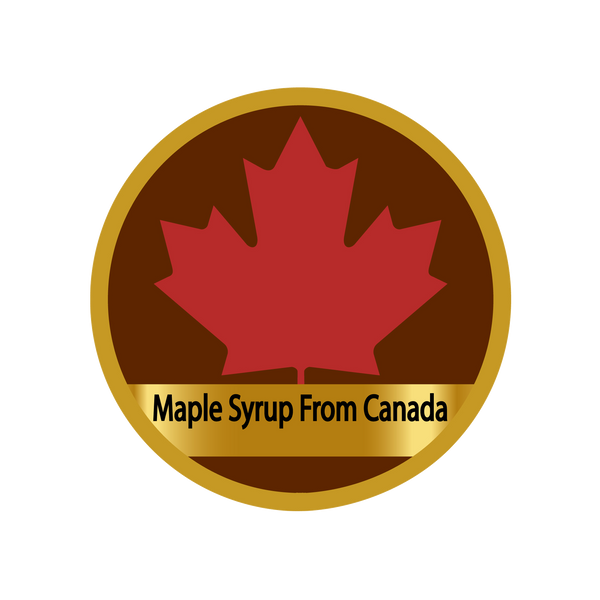In the heart of the maple syrup industry, where tradition meets technology, a silent revolution is underway. The logistics of wholesale maple syrup distribution are undergoing a profound transformation, thanks to cutting-edge technological innovations. From efficient tapping to streamlined supply chains, let's explore how technology is sweetening the deal for the maple syrup industry.
1. Smart Tapping and Monitoring Systems:
Traditional maple tapping has evolved into a high-tech affair. Smart tapping systems equipped with sensors are becoming integral to the process, optimizing sap extraction. These sensors monitor tree health, sap flow rates, and environmental conditions, ensuring a sustainable and data-driven approach to maple syrup production.
According to a report by AgFunder News, smart tapping systems have shown a 20% increase in sap yield compared to conventional methods, contributing to higher production efficiency.
2. Blockchain for Traceability:
In an era where consumers crave transparency, blockchain technology is revolutionizing the traceability of maple syrup from tree to table. By utilizing blockchain, the entire supply chain can be recorded and verified, providing consumers with real-time access to the origin and journey of their syrup.
Research from Statista indicates that 53% of consumers are willing to pay more for products that guarantee transparency through blockchain technology.
3. Automated Packaging and Labeling:
Gone are the days of manual labeling and packaging. Automated systems are streamlining the packaging process, ensuring accuracy, speed, and consistency. Robotics and artificial intelligence are reducing human error and enhancing the overall efficiency of the packaging phase.
According to the International Journal of Advanced Research in Computer Science, automated packaging systems have led to a 15% reduction in packaging errors and a 25% increase in overall packaging speed.
4. Predictive Analytics for Inventory Management:
Predictive analytics is reshaping how maple syrup is stored and distributed. By analyzing historical data, weather patterns, and market trends, predictive analytics tools help producers and distributors optimize inventory management. This proactive approach minimizes the risk of shortages or surplus, ensuring a steady supply to meet market demands.
A study by McKinsey & Company highlights that companies using predictive analytics for inventory management experience a 20% reduction in stockouts and a 30% decrease in excess inventory.
5. Telematics in Transportation:
The journey of maple syrup from the sugar shack to wholesale distributors involves a complex transportation network. Telematics, incorporating GPS and sensor technologies in vehicles, enables real-time tracking, temperature monitoring, and route optimization. This not only ensures the quality of the syrup during transit but also reduces transportation costs.
The American Journal of Transportation reports that the implementation of telematics has led to a 15% decrease in transportation-related costs for maple syrup distributors.
As the maple syrup industry embraces technological advancements, the future looks sweet for producers, distributors, and consumers alike. From smart tapping systems in the forests to blockchain-enhanced traceability and automated packaging in the warehouses, each innovation contributes to a more efficient, transparent, and sustainable maple syrup supply chain. The melding of tradition with technology ensures that the journey from tree to table remains not only delicious but also at the forefront of logistical excellence.

